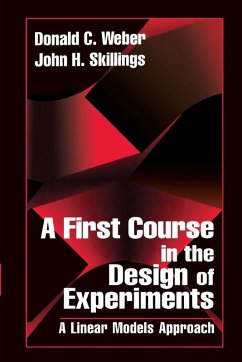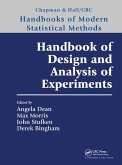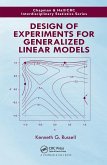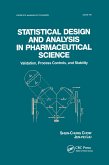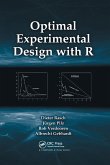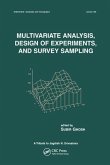Most texts on experimental design fall into one of two distinct categories. There are theoretical works with few applications and minimal discussion on design, and there are methods books with limited or no discussion of the underlying theory. Furthermore, most of these tend to either treat the analysis of each design separately with little attempt to unify procedures, or they will integrate the analysis for the designs into one general technique. A First Course in the Design of Experiments: A Linear Models Approach stands apart. It presents theory and methods, emphasizes both the design selection for an experiment and the analysis of data, and integrates the analysis for the various designs with the general theory for linear models. The authors begin with a general introduction then lead students through the theoretical results, the various design models, and the analytical concepts that will enable them to analyze virtually any design. Rife with examples and exercises, the text also encourages using computers to analyze data. The authors use the SAS software package throughout the book, but also demonstrate how any regression program can be used for analysis. With its balanced presentation of theory, methods, and applications and its highly readable style, A First Course in the Design of Experiments proves ideal as a text for a beginning graduate or upper-level undergraduate course in the design and analysis of experiments.
Hinweis: Dieser Artikel kann nur an eine deutsche Lieferadresse ausgeliefert werden.
Hinweis: Dieser Artikel kann nur an eine deutsche Lieferadresse ausgeliefert werden.

